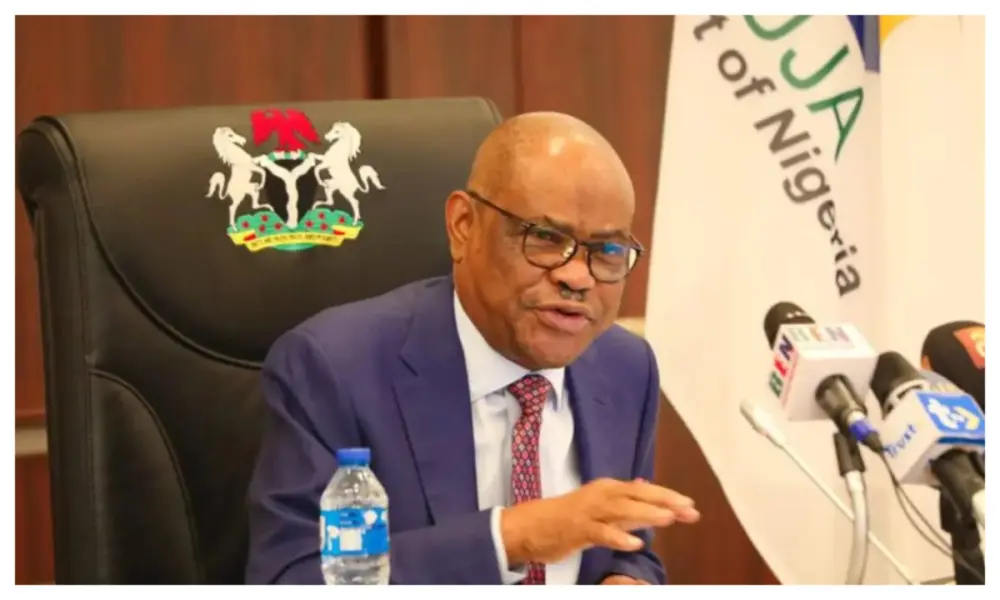Vice President Kashim Shettima has declared that Nigeria will soon phase out its reliance on diesel and significantly reduce carbon emissions through the implementation of an integrated hybrid energy system.
Speaking at the opening of the Decarbonising Infrastructure in Nigeria Summit (DIN Summit) in Abuja, yesterday, Shettima said climate action had become an economic imperative and no longer a matter of luxury.
He warned that Nigeria risked falling behind if its climate ambitions failed to align with present development realities.
“The truth is that we can no longer build yesterday’s infrastructure for tomorrow,” the Vice President stated. Citing ongoing developments, he said discussions were underway with private investors to commit nearly $60 million towards transforming the Onne Port into Nigeria’s first green port.
“This is a strategic leap. Through an integrated hybrid energy system, we will phase out diesel dependency, slash carbon emissions, and provide round-the-clock, sustainable and affordable power to terminal operators and port users,” he said.
Shettima stressed that the summit was anchored on the understanding that sustainability and profitability must no longer be treated as separate goals.
“This is a product of months of consultations, regional dialogues, and technical deep dives,” he said, noting that Nigeria’s Energy Transition Plan and Climate Change Act provide a visionary yet pragmatic roadmap to achieving net-zero emissions by 2060.
According to the Vice President, 75 per cent of Nigeria’s greenhouse gas emissions stem from infrastructure-related sectors. energy, transport, urban development, and agriculture, which also underpin the nation’s economy. Agriculture alone supports 70 per cent of rural livelihoods.
“These figures should jolt us into action. The only way out of the predicted doom is to decarbonise these systems. We must build a Nigeria whose infrastructure heals, not harms,” he said.
Shettima stressed that the summit was anchored on the understanding that sustainability and profitability must no longer be treated as separate goals.
“This is a product of months of consultations, regional dialogues, and technical deep dives,” he said, noting that Nigeria’s Energy Transition Plan and Climate Change Act provide a visionary yet pragmatic roadmap to achieving net-zero emissions by 2060.
According to the Vice President, 75 per cent of Nigeria’s greenhouse gas emissions stem from infrastructure-related sectors. energy, transport, urban development, and agriculture, which also underpin the nation’s economy. Agriculture alone supports 70 per cent of rural livelihoods.
“These figures should jolt us into action. The only way out of the predicted doom is to decarbonise these systems. We must build a Nigeria whose infrastructure heals, not harms,” he said.
Shettima projected that a successful transition could generate over 1.5 million green jobs by 2035 and open up new export markets in clean energy and climate-smart agriculture.
“We are not here to fantasise. We are here to finance, to mobilise, to de-risk, to build. The Nigeria we want cannot be realised on diesel generators and fragile grids,” he said.
Describing the summit’s theme, “Unlocking Climate Finance for Sustainable Development,” as timely and relevant, he called for strengthened regulatory frameworks, harmonised policies across all levels of government, and effective mobilisation of capital into climate-smart opportunities through tools such as the Green Investment Portal.



